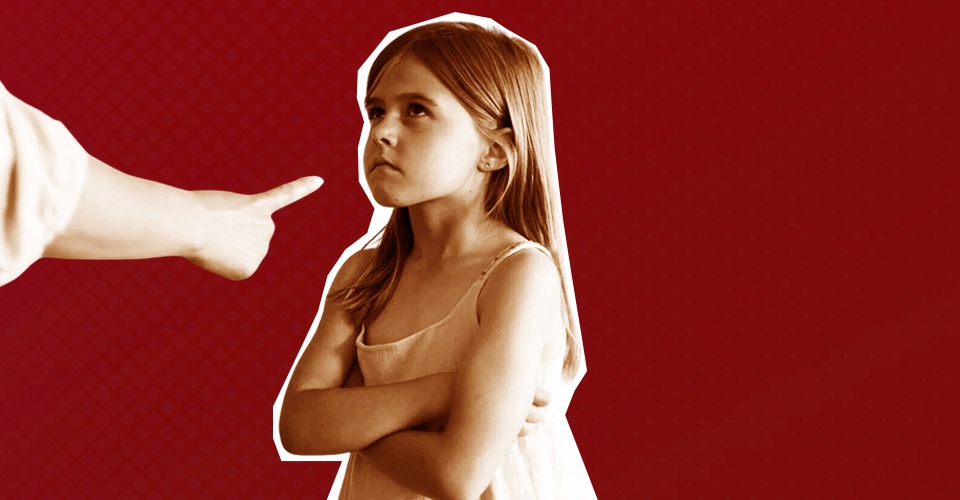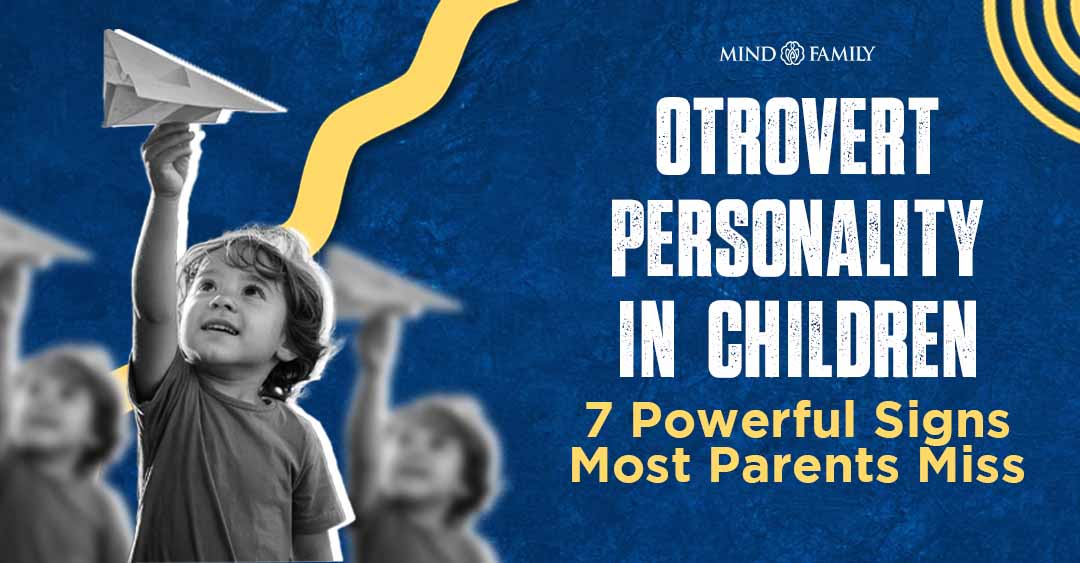Parenting comes with its fair share of challenges, one of the most common being how to handle a child’s misbehavior effectively. When children act out, it’s natural for parents and caregivers to want to correct the behavior and guide them toward making better choices in the future.
However, finding the right approach can be daunting. Punishment alone often fails to address the root causes of misbehavior and may even strain the parent-child relationship. That’s where the concept of consequences comes in.
In this article, we’ll explore ten effective consequences for kids’ bad behavior. By understanding and implementing these consequences thoughtfully, parents and caregivers can create a supportive environment where children can learn and grow.
10 Effective Consequences for Kids’ Bad Behavior That Work
When implementing consequences for a child’s bad behavior, it’s essential to ensure they are age-appropriate, reasonable, and conducive to learning and growth.
Here are ten effective consequences for kids’ bad behavior:
1. Time-Out:
Time-out is one of the widely used consequences for kids’ bad behavior, but its effectiveness depends on proper implementation. Pediatricians and child psychologists emphasize that time-out should be brief and devoid of anger or hostility.
Designate a specific area free from distractions where the child can calm down and reflect on their actions.
According to the American Academy of Pediatrics (AAP), the general guideline for time-out duration is one minute per year of the child’s age (e.g., a five-year-old would have a five-minute time-out).
After the time-out, engage in a calm discussion to help the child understand why their behavior was unacceptable and what they can do differently next time. This technique teaches children self-regulation and provides a chance to reset their behavior.
2. Loss of Privileges:
When employing loss of privileges as a consequence, it’s essential to ensure the consequence is proportionate to the misbehavior. Child experts recommend avoiding taking away essential needs or privileges vital to a child’s well-being, such as food or sleep.
Instead, focus on privileges like screen time, gaming, or participating in extracurricular activities. Communicate the connection between the misbehavior and the loss of privilege, helping them understand that it is direct consequences for kids’ bad behavior.
Additionally, consider using loss of privileges as an opportunity for negotiation and problem-solving, encouraging the child to propose ways they can earn back the privilege through positive behavior.
3. Logical Consequences:
Logical consequences for kids’ bad behavior. are directly related to the misbehavior, providing a natural connection between the action and its outcome. According to research, logical consequences should be respectful, related, and reasonable.
For instance, if a child refuses to clean up their toys, a logical consequence could be temporarily removing the toys until they demonstrate responsibility by tidying up. This approach helps children understand the cause-and-effect relationship between their behavior and the resulting consequences, fostering accountability and critical thinking skills.
It’s crucial to ensure that logical consequences are delivered calmly and without shaming the child, focusing instead on guiding them toward more appropriate behavior choices.
4. Positive Behavior Reinforcement:
Positive reinforcement is a powerful tool for encouraging desirable behavior in children. Pediatricians and child psychologists advocate for a focus on praising and rewarding good behavior rather than solely using consequences for kids’ bad behavior.
When reinforcing positive behavior, specificity is key. Instead of vague praise like “good job,” offer specific praise that highlights the behavior you want to encourage. For example, “I noticed how you shared your toys with your friend. That was very kind and thoughtful of you.”
Additionally, consider using a reward system where children earn points or tokens for positive actions, which can be exchanged for privileges or special treats.
According to the Centers for Disease Control and Prevention (CDC), consistent and immediate reinforcement is most effective in shaping behavior. By reinforcing positive actions, parents and caregivers can help children develop self-confidence, self-esteem, and a sense of accomplishment.
5. Restitution:
Restitution teaches children the importance of taking responsibility for their actions and making amends for any harm caused. According to child experts, the focus should be on repairing the harm rather than punishing the child.
For instance, if a child breaks a toy belonging to a sibling, they could be responsible for repairing or replacing it. This not only helps the child understand the consequences of their actions but also fosters empathy and consideration for others.
When facilitating restitution, it’s essential to approach the situation calmly and encourage the child to reflect on how their actions affected others. This process can help children develop problem-solving skills and learn to repair relationships after conflicts or misunderstandings.
6. Loss of Special Events:
Missing out on a special event or activity can be a significant consequence for children and can effectively reinforce the importance of following rules and behaving appropriately. When implementing these consequences for kids’ bad behavior, it’s essential to communicate the reason for the loss of privilege.
You also need to provide an opportunity for the child to understand and reflect on their behavior.
According to child psychologists, consistency is crucial when using the loss of special events as a consequence. Ensure that the consequence is proportionate to the misbehavior and avoid using it as a form of punishment or retaliation.
Instead, frame it as an opportunity for the child to learn from their mistakes and make better choices in the future. After the event has passed, engage in a discussion with the child to reinforce the connection between their behavior and the consequence, emphasizing the importance of accountability and responsibility.
7. Community Service or Chore Assignments:
Involving children in community service or assigning additional chores as consequences for kids’ bad behavior can be an effective way to teach responsibility and accountability. Child development experts suggest tasks that are age-appropriate and relevant to the misbehavior.
For example, if a child has been unkind to a peer, they might volunteer to help with a community service project focused on kindness and empathy. Alternatively, if the misbehavior involved neglecting household chores, assigning additional tasks related to cleaning or organization can help reinforce the importance.
When assigning community service or chores, it’s crucial to approach the situation with empathy and avoid using tasks as punishment. Instead, emphasize the value of helping others and contributing positively to the community or household.
Engage in discussions with the child about why their actions were inappropriate and how they can make amends through positive actions. This approach encourages children to develop a sense of responsibility and empathy while reinforcing the connection between their behavior and its consequences.
8. Behavior Reflection Journal:
Encouraging children to reflect on their behavior through writing or drawing can promote self-awareness and insight. Child psychologists recommend providing a designated journal where children can record their thoughts and feelings about their actions.
Prompt them to write about what happened, why it was wrong, and how they can make better choices in the future. This process allows children to express themselves in a non-confrontational way and provides an opportunity for introspection.
Additionally, reviewing past entries with the child can help track patterns of behavior and identify areas for improvement. When introducing a behavior reflection journal, it’s essential to create a supportive environment where children feel comfortable expressing themselves honestly.
Avoid judgment or criticism and instead focus on guiding them towards understanding the impact of their actions and taking responsibility for their behavior. By fostering reflection and self-awareness, parents and caregivers can empower children to make positive changes and learn from their mistakes.
9. Discussion and Problem-Solving:
Engaging children in calm and constructive discussions about their behavior can promote problem-solving skills and strengthen communication between parents and children. Child development experts emphasize the importance of active listening and empathy when discussing behavior issues with children.
Create a safe space where children feel comfortable expressing themselves without fear of judgment or punishment. Begin by calmly describing the behavior in question and its impact, then allow the child to share their perspective.
Encourage them to identify alternative strategies for handling similar situations in the future and brainstorm together on possible solutions. This collaborative approach empowers children to take ownership of their behavior and develop critical thinking skills.
Additionally, it strengthens the parent-child relationship by fostering trust and open communication. When engaging in discussions about behavior, it’s essential to remain patient and empathetic, recognizing that children may need time to process their thoughts and emotions.
By working together to address the consequences for kids’ bad behavior. issues, parents, and children can develop effective problem-solving skills and build stronger connections based on mutual respect and understanding.
10. Consistent Boundaries and Expectations:
Establishing clear rules and expectations is essential for promoting positive behavior and providing structure for children. Child psychologists emphasize the importance of consistency when enforcing boundaries, as inconsistency can lead to confusion and frustration for children.
Sit down with your child and discuss the family rules, explaining the reasons behind them and the consequences of breaking them. Be sure to set realistic expectations based on your child’s age, developmental stage, and individual needs.
Consistently enforce the rules and consequences for kids’ bad behavior, providing gentle reminders when needed and following through with consequences when necessary. Consistency helps children understand what is expected of them and fosters a sense of security and predictability.
Additionally, it reinforces the connection between behavior and consequences, helping children learn to make responsible choices. When establishing boundaries and expectations, be sure to praise and reinforce positive behavior, highlighting the benefits of following the rules.
By maintaining consistent boundaries and expectations, parents can create a supportive environment where children can thrive and develop into responsible, well-adjusted individuals.
A Word From Mind Family
Finding good ways to guide kids when they make mistakes is really important for helping them grow up well. We talked about different ways, like taking a break (time-out), losing some fun things (privileges), facing logical results, cheering for good actions, fixing mistakes (restitution), and more.
Parents and caregivers must be kind and fair when using these methods. We want to teach kids what’s right instead of just punishing them. Letting them think about their actions and learn from them helps them become responsible and caring people.
Each child is different, so what works for one might not work for another. It’s important to be patient and adjust these ideas to fit your child’s needs. With love, understanding, and a commitment to helping them learn, we can guide our kids to make good choices and grow up happy and successful.
Let’s keep supporting and taking care of our kids, helping them become awesome adults!
Frequently Asked Questions (FAQs)
1. What is considered as bad behavior in kids?
Bad behavior in kids can include actions like disobedience, aggression, lying, or disrespect towards others.
2. What are some tips for consequences for kids’ bad behavior?
Effective consequences for kids’ bad behavior include time-outs, loss of privileges, logical consequences, positive reinforcement, restitution, loss of special events, community service or chores, behavior reflection journals, discussions, and consistent boundaries.
3. What are bad punishments for children?
Bad punishments for children include harsh physical discipline, shaming, yelling, or withholding basic needs like food or affection. These approaches can damage the parent-child relationship and fail to teach positive behavior.












Leave a Reply